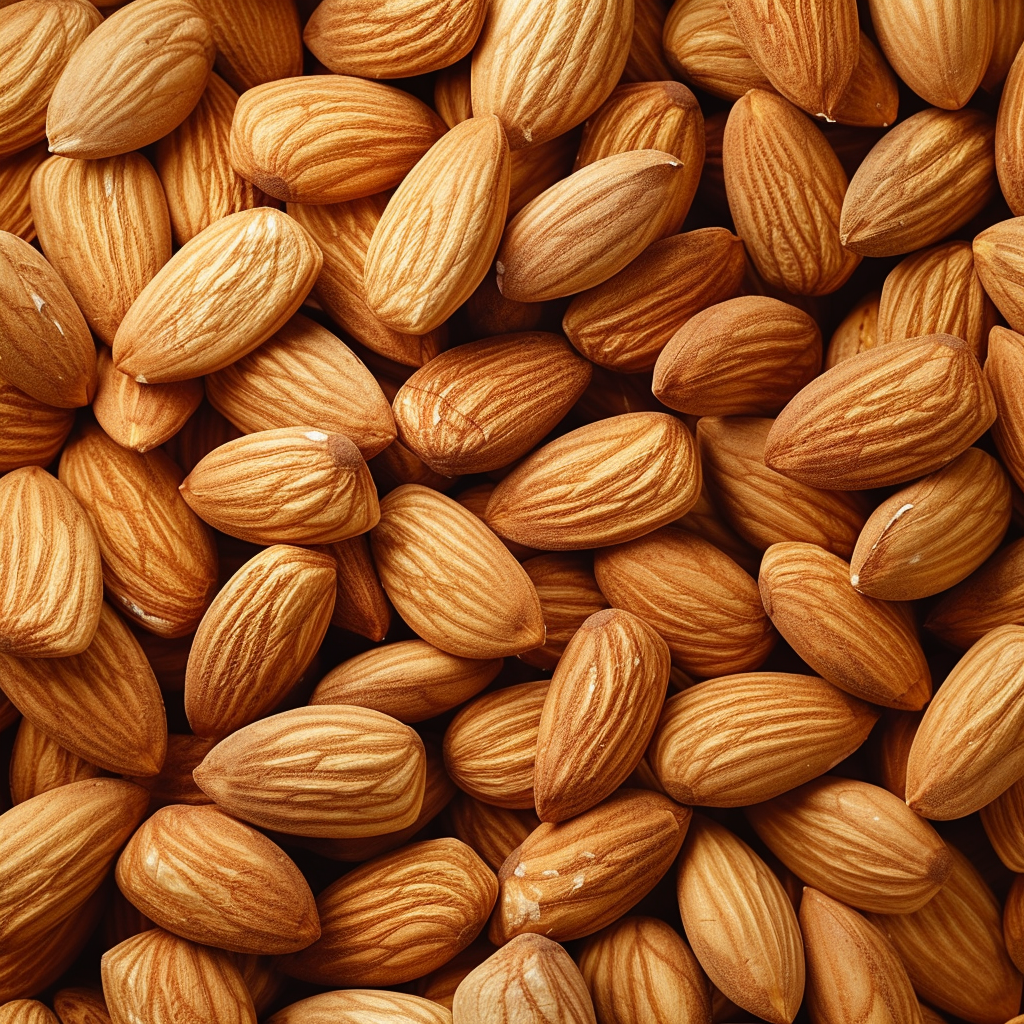Introduction
Protein is an essential nutrient that plays a crucial role in building and repairing tissues, producing enzymes and hormones, and maintaining overall health. For those looking to boost their protein intake, it’s important to incorporate protein-dense foods into their diet. In this blog post, we’ll explore five of the best protein-rich foods that can help you achieve your health and fitness goals. Join us as we delve into the benefits and delicious possibilities of these protein-packed foods.

Table of Contents
The Importance of Protein in Your Diet
Protein is one of the three macronutrients, along with carbohydrates and fats, that are essential for the body’s proper functioning. This chapter explores why protein is vital for your health and how it benefits various bodily functions.

Building and Repairing Tissues
Protein is a fundamental building block for muscles, bones, skin, and blood. It helps repair tissues that get damaged due to physical activity, injury, or general wear and tear. Consuming enough protein ensures your body has the necessary materials to heal and grow.
Enzyme and Hormone Production
Proteins play a critical role in producing enzymes and hormones that regulate various bodily functions, including metabolism, immune response, and digestion. Adequate protein intake supports these processes, keeping your body running smoothly.
Maintaining Muscle Mass
For those engaged in regular physical activity or aiming to build muscle, protein is crucial. It helps maintain and increase muscle mass, which is essential for overall strength, endurance, and metabolic health. Including protein-dense foods in your diet aids in muscle recovery and growth.
Chicken Breast: A Lean Protein Powerhouse
Chicken breast is a staple in many diets due to its high protein content and versatility. This chapter delves into why chicken breast is a top choice for those seeking to increase their protein intake.

Nutritional Profile
Chicken breast is renowned for being low in fat and high in protein. A 3.5-ounce (100-gram) serving of cooked, skinless chicken breast provides about 31 grams of protein and only 165 calories, making it an excellent option for those looking to build muscle or lose weight.
Versatility in Cooking
One of the greatest advantages of chicken breast is its versatility in cooking. Whether grilled, baked, poached, or stir-fried, chicken breast can be incorporated into a variety of dishes. From salads and sandwiches to stir-fries and casseroles, the possibilities are endless.
Health Benefits
In addition to being a great protein source, chicken breast provides essential vitamins and minerals, including B vitamins, phosphorus, and selenium. These nutrients support energy production, bone health, and immune function, contributing to overall well-being.
Eggs: The Perfect Protein Source
Eggs are often hailed as a near-perfect protein source, offering a balance of essential amino acids and a host of other nutrients. This chapter explores the benefits of including eggs in your diet.

Complete Protein
Eggs are considered a complete protein, meaning they contain all nine essential amino acids that your body cannot produce on its own. A single large egg provides about 6 grams of high-quality protein, making it a valuable addition to any meal.
Nutrient-Rich
In addition to protein, eggs are packed with vitamins and minerals. They are an excellent source of vitamin B12, riboflavin, and selenium, and they also contain choline, which is important for brain health. Including eggs in your diet ensures you receive these essential nutrients.
Versatility and Convenience
Eggs are incredibly versatile and can be prepared in numerous ways, from boiling and poaching to scrambling and baking. They are also convenient, making them an easy and quick option for breakfast, lunch, or dinner.
Greek Yogurt: Protein-Packed and Delicious
Greek yogurt is a popular dairy product known for its creamy texture and high protein content. This chapter highlights why Greek yogurt is an excellent choice for boosting your protein intake.

High Protein Content
Greek yogurt is strained to remove most of its whey, resulting in a thicker texture and higher protein content compared to regular yogurt. A 6-ounce (170-gram) serving of Greek yogurt can contain 15-20 grams of protein, making it a protein-dense option for snacks or meals.
Probiotic Benefits
In addition to protein, Greek yogurt is rich in probiotics, which are beneficial bacteria that support gut health. Consuming probiotics can improve digestion, boost the immune system, and enhance overall gut function.
Culinary Uses
Greek yogurt can be enjoyed on its own or used in a variety of recipes. It can be added to smoothies, used as a base for dips and dressings, or even incorporated into baking. Its versatility makes it easy to include in your daily diet.
Lentils: Plant-Based Protein for Everyone
Lentils are a fantastic plant-based protein source that is both nutritious and versatile. This chapter explores the benefits of adding lentils to your diet.

Nutritional Powerhouse
Lentils are an excellent source of plant-based protein, with one cup (198 grams) of cooked lentils providing about 18 grams of protein. They are also rich in fiber, iron, folate, and other essential nutrients, making them a well-rounded addition to your meals.
Heart Health
The high fiber content in lentils supports heart health by helping to lower cholesterol levels and regulate blood pressure. Additionally, the potassium and magnesium found in lentils contribute to cardiovascular health.
Versatile Ingredient
Lentils can be used in a wide variety of dishes, from soups and stews to salads and curries. They are easy to cook and can be seasoned to suit different cuisines, making them a versatile and valuable ingredient in any kitchen.
Almonds: Nutritious and Protein-Rich
Almonds are a nutritious snack that offers a good amount of protein along with healthy fats and other essential nutrients. This chapter highlights the benefits of including almonds in your diet.

Protein and Healthy Fats
A one-ounce (28-gram) serving of almonds provides about 6 grams of protein and 14 grams of healthy fats, including monounsaturated and polyunsaturated fats. These healthy fats are beneficial for heart health and can help keep you feeling satisfied between meals.
Nutrient-Dense
Almonds are packed with vitamins and minerals, including vitamin E, magnesium, and manganese. Vitamin E is a powerful antioxidant that protects cells from damage, while magnesium supports muscle and nerve function.
Easy to Incorporate
Almonds can be easily incorporated into your diet as a snack or as an ingredient in various dishes. They can be added to salads, yogurt, and oatmeal, or used in baking and cooking. Their crunch and flavor make them a delicious and nutritious addition to any meal plan.
Conclusion
Incorporating protein-dense foods like chicken breast, eggs, Greek yogurt, lentils, and almonds into your diet can provide numerous health benefits, from building and repairing tissues to maintaining muscle mass and supporting overall well-being. By understanding the importance of protein and exploring these top protein-rich foods, you can make informed choices to enhance your health and achieve your dietary goals. Embrace the power of protein and enjoy the delicious, nutritious possibilities it offers.
For more blog posts click here.





